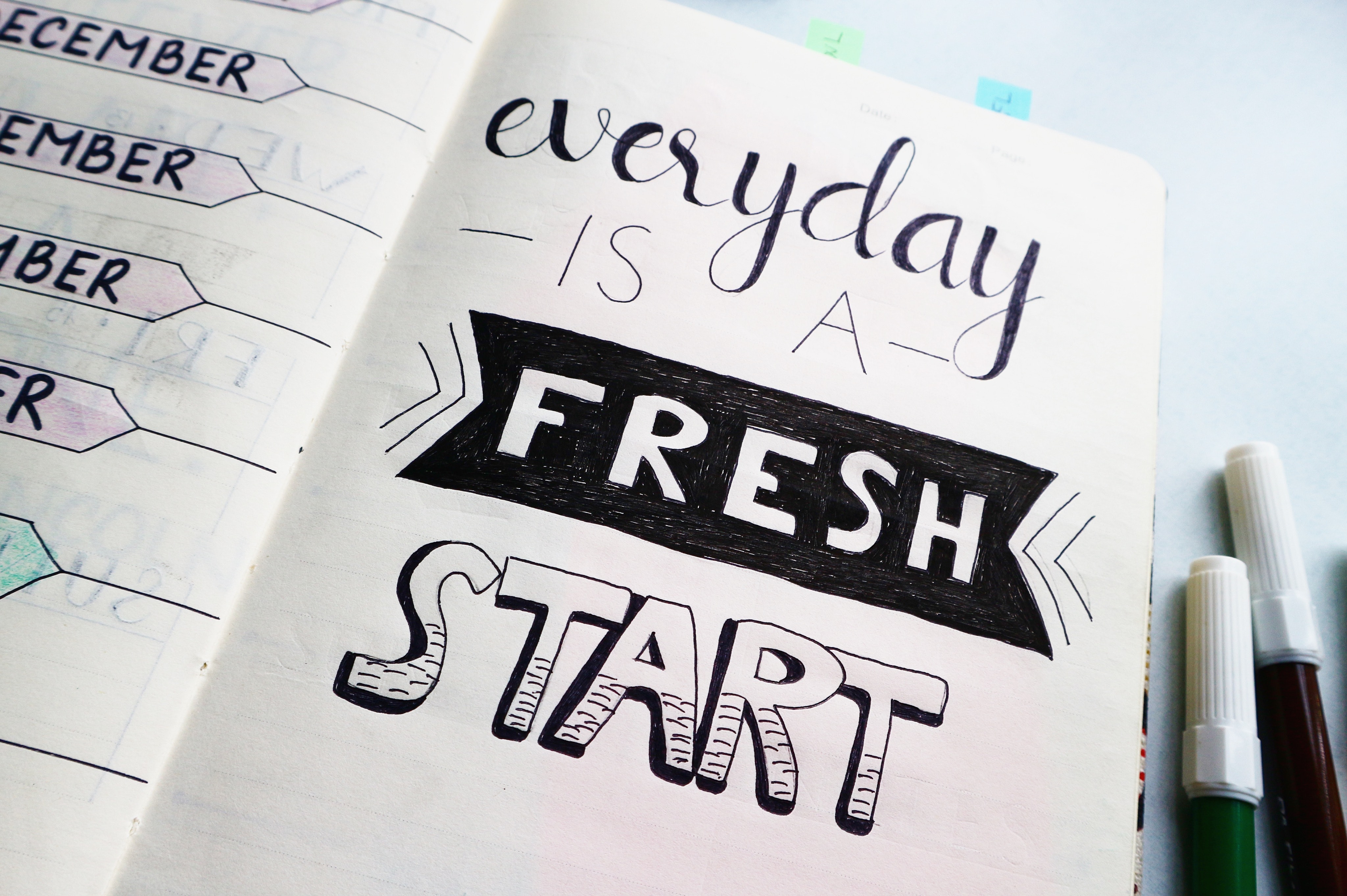
Students are taught to in the classroom. Many teens mistakenly believe that if they’re physically in class and even halfway paying attention, it means they’re learning. They don’t understand that being taught to and learning are two very different things.
Being “taught to” is relatively easy, especially in a classroom setting with a teacher leading and structuring how material is delivered. Struggles to get good grades stem from challenges teens have with learning on their own. Specifically, the lack of learning skills: they don’t have the skills to manage their time, stay focused, or get their work done even when they have zero motivation.
Students struggle with learning because they were never taught HOW to learn. And students who never learned how to learn will always find school (and life) harder than it should be.
The good news is that every student can learn how to learn. Ideally, this happens in middle school and throughout high school, but it’s never too late to build the skills – time management, executive functioning, resourcefulness, self-motivation, focus – for learning and life success.
I do a deep dive into the gap between classroom teaching and at-home learning in this video –
Video highlights:
- 0:02 Skills-based learning bridges the gap between classroom teaching and at-home learning.
- 1:09 Strong learning skills mean students know how to do more than just memorize or regurgitate information.
- 2:18 Critical thinking is vital, yet most students don’t know what this actually means; for example, many think it’s about “criticizing” rather than objectively evaluating strengths and weaknesses of the material at hand.
- 3:24 Strong writing depends on strong thinking. If your teen doesn’t understand critical thinking or how to do it, they will not be strong writers.
- 4:39 “Time management” is a buzz word for most students – it’s something they know they should do and “try” to do, but have no idea how to actually manage their time in practice, consistently and effectively.
- 5:52 Executive functioning is key for setting and achieving goals.
- 7:03 Metacognition is a superpower for significant and sustainable improvements.
- 8:18 Metacognition facilitates learning success. It builds self-awareness and problem-solving capabilities, and improves performance in school and at work.




